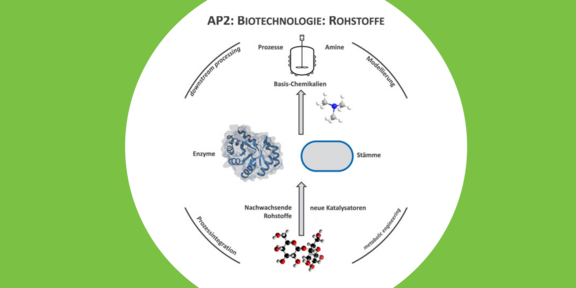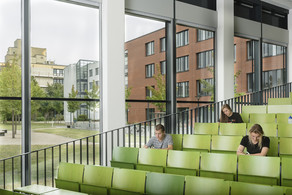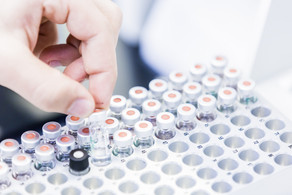Two new publications were released

The paper "Bayesian Optimization for an ATP-Regenerating In Vitro Enzyme Cascade" was published in Catalysts and the paper "Debottlenecking of an In Vitro Enzyme Cascade Using a Combined Model- and Experiment-Based Approach" was published in Chemie Ingenieur Technik.
"Bayesian Optimization for an ATP-Regenerating In Vitro Enzyme Cascade" in Catalysts.
Optimizing complex systems such as in vitro enzyme cascades in a targeted and resource-efficient manner is a major challenge. Data-driven computer models can facilitate this process by establishing a mathematical relationship from the variables to be varied and the resulting outcome. Bayesian optimization extends the approach by suggesting experiments based on this model that can lead to an improvement in the result. Using this Bayesian optimization, we successfully optimized an ATP-producing and regenerating enzyme cascade through polyphosphate kinases. Both the specific activity of an ATP-consuming enzyme and the product concentration could thus be increased.
"Debottlenecking of an In Vitro Enzyme Cascade Using a Combined Model- and Experiment-Based Approach " in Chemie Ingenieur Technik.
In vitro enzyme cascades form an emerging alternative to organic chemical synthesis routes, combining the advantages of biocatalysis and one-pot reactions. However, with expanded complexity of cascades, adequate efficiency becomes more difficult and optimization must be performed. In silico models of in vitro enzyme cascades can ensure a deeper understanding of the complex systems and thus make optimization more targeted. In this work, the bottlenecks of a farnesyl pyrophosphate producing in vitro enzyme cascade were identified using a kinetic model and experimental validation. The product concentration could be increased using this approach.







